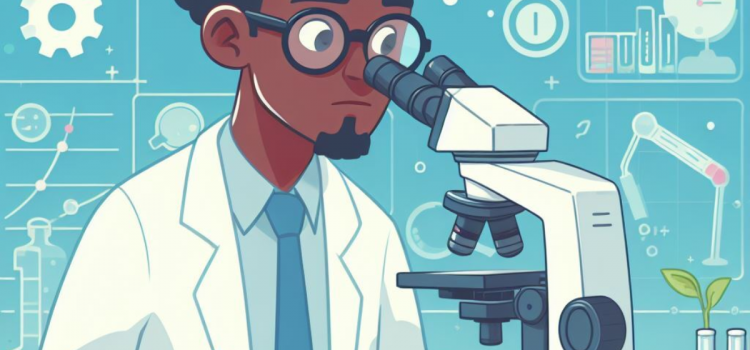What is Stoicism? What did the Stoics believe in ancient Greece and Rome? Stoicism is an ancient Greek school of philosophy that was popular in both Greece and Rome. In modern times, Stoicism refers to the practice of perseverance and endurance in the face of adversity. Keep reading for an overview of Stoicism, explained by William B. Irvine.
The Philosophy of Stoicism: Explained by William B. Irvine










